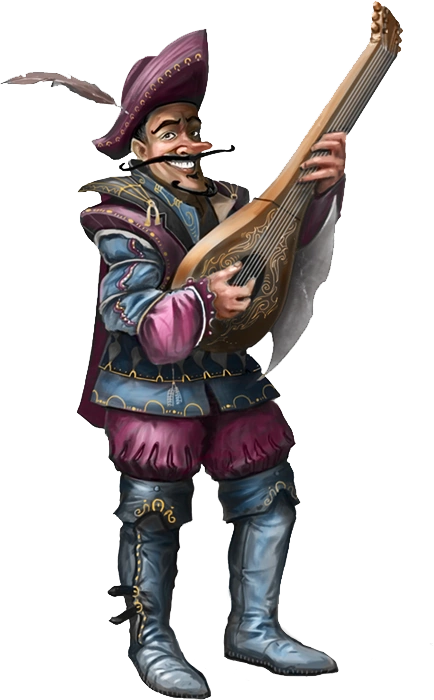A. Syllabus
☑️three questions in your mind
What it is?
What is that for? Why should we care about?
Literature can be
classified according to whether it is fiction or non-fiction,
and whether it is poetry or prose;
it can be further distinguished according to major forms such as the novel, short story or drama.
|
☑️Why should we need to learn Western literature first?
In order to under stand more knowledge about
these nations.
B. Course Objective
Students would be able to know how to read, understand, and appreciate the great books as well as the major literary genres of western civilization in the context of their political, social, and intellectual background. ---quoted by Dr. T. Sara Sun
C. Roman NumeralsStudents would be able to know how to read, understand, and appreciate the great books as well as the major literary genres of western civilization in the context of their political, social, and intellectual background. ---quoted by Dr. T. Sara Sun
|
|
Roman
numerals are expressed
by letters of the alphabet:
I=1/
V=5/ X=10/ L=50/ C=100/ D=500/ M=1000
There
are four basic principles for reading and writing Roman numerals:
(1) A letter repeats its value that many times
(XXX = 30, CC = 200, etc.
(2) If one or more letters are placed after another letter of greater value, add that amount.
(A letter can only be repeated three times.)
☑️For
example: VI = 6
(5 + 1 = 6), LXX = 70 (50 + 10 + 10 = 70),
MCC =
1200 (1000 + 100 + 100 = 1200)
(3)
If a letter is placed before another letter of greater value, subtract that
amount.
☑️For example: IV = 4 (5 – 1 = 4), XC = 90 (100 – 10 = 90), CM = 900 (1000 – 100 = 900) |
D. Film- Helen of Troy
E. Conflict
F. Others
A bard was a professional story teller, verse-maker and music composer, employed by a patron (such as a monarch or noble), to commemorate one or more of the patron's ancestors and to praise the patron's own activities.
The lyre is a string instrument known for its use in Greek classical antiquity and later periods. The lyre is similar in appearance to a small harp but with distinct differences.
Helen of Troy is a 2003 television miniseries based upon Homer's story of the Trojan War, as
recounted in the epic poem, Iliad.
The film is placed in the early classical
period rather than the correct late
Bronze Age; the Greeks are shown with Iron Age classical hoplite dress and
arms. Made on a relatively low budget, Helen of Troy was released at a time
when interest in the subject was high due to the soon-to-be-released Troy.
|
E. Conflict
F. Others
Bard
A bard was a professional story teller, verse-maker and music composer, employed by a patron (such as a monarch or noble), to commemorate one or more of the patron's ancestors and to praise the patron's own activities.
Lyre
The lyre is a string instrument known for its use in Greek classical antiquity and later periods. The lyre is similar in appearance to a small harp but with distinct differences.





.png/220px-Lyre_(PSF).png)
沒有留言:
張貼留言